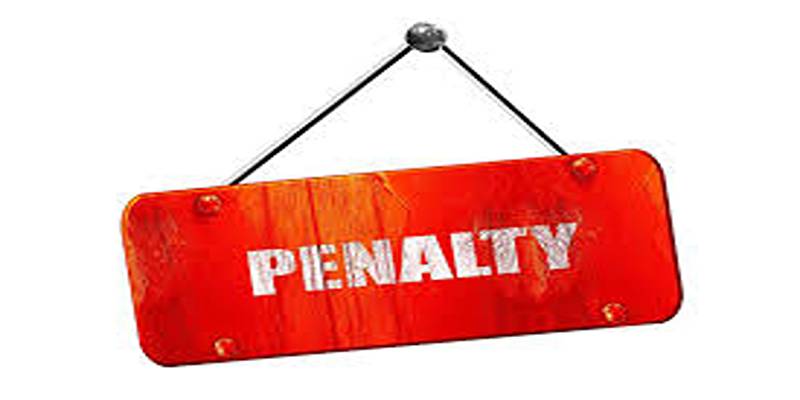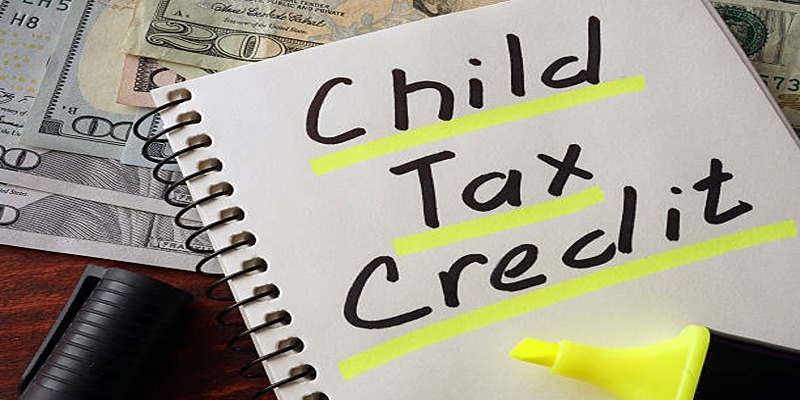Refinancing a mortgage can be a smart financial decision for many homeowners, particularly when interest rates are favorable or when seeking better loan terms. However, while the promise of reduced monthly payments or access to home equity can be enticing, there’s an important aspect that every borrower must consider: closing costs.
Closing costs are the various fees that homeowners must pay when replacing an existing mortgage with a new one. These fees can add up quickly and potentially undermine the financial benefits of refinancing if not properly understood or negotiated. On average, refinance closing costs range between 2% and 6% of the remaining mortgage balance. For a homeowner with a $250,000 mortgage, that equates to $5,000 to $15,000 — a considerable amount.
This post explores the most common refinance closing costs to watch out for and why being informed can help homeowners avoid unnecessary expenses and make more confident decisions.
Origination Fees
One of the most significant costs during the refinancing process is the loan origination fee. It is what the lender charges to process the new loan application. It typically includes the cost of underwriting, document preparation, and administrative work. These fees can be labeled as application fees, administrative fees, underwriting fees, or document preparation fees.
Origination fees usually run between 0.5% and 1% of the loan amount. For a $200,000 refinance, that could mean up to $2,000 in origination costs alone. What many homeowners may not realize is that these fees are negotiable. Comparing offers from multiple lenders and asking direct questions about these charges can help reduce this expense.
Discount Points

Discount points are an optional cost that borrowers can choose to pay to secure a lower interest rate. One point typically costs 1% of the total loan amount and can reduce the interest rate by about 0.25%, although the exact reduction varies by lender.
Paying discount points can be beneficial for borrowers who plan to remain in their homes for many years, as the long-term interest savings can outweigh the upfront cost. However, not all points listed on a loan estimate reduce the interest rate. Some lenders include origination points, which serve more as additional profit rather than offering a lower rate. Borrowers should scrutinize their loan estimate to determine whether the points listed are truly discount points or simply extra fees — and negotiate accordingly.
Appraisal and Inspection Fees
Lenders require assurance that the home securing the loan is valued appropriately, which is why home appraisals are a common component of the refinance process. Appraisal fees typically range from $300 to $500, depending on the property's size and location.
In some cases, especially with recent appraisals on file or automated valuation models, the lender might waive this requirement. However, if the homeowner suspects that the property has appreciated significantly, opting for a new appraisal could be advantageous, potentially increasing the available equity or removing private mortgage insurance (PMI).
Additionally, some lenders may require pest inspections or general property inspections, particularly in states where such issues are prevalent. These inspections can add another $100 to $500 to the closing cost total.
Title Insurance and Title Search
Another essential refinance closing cost is title insurance, which protects the lender in case someone later claims ownership of the property or if there are errors in the public records. It is different from homeowner’s insurance, which covers damage to the home itself.
During refinancing, only lender’s title insurance is typically required, though owner’s title insurance can be purchased for additional peace of mind. Costs vary depending on location and loan size, but homeowners can expect to pay $500 to $1,000 for this coverage. Alongside title insurance, a title search fee is charged to verify that the property is free of liens or legal issues. If a prior title policy is still valid and recent, some of these charges might be reduced.
Private Mortgage Insurance (PMI)
Homeowners who refinance with less than 20% equity in their homes may be required to pay private mortgage insurance (PMI). This insurance protects the lender in case the borrower defaults and typically costs 0.55% to 2.25% of the loan amount annually.
PMI is an important cost to consider when calculating the long-term savings of refinancing. In some cases, a new appraisal that boosts the home's value may help the borrower meet the 20% equity threshold and avoid PMI altogether.
Early Repayment Penalties

Although rare today, early repayment penalties can still appear in some mortgages, particularly non-traditional or subprime loans. These penalties are fees charged by a lender when a borrower pays off their loan early — including through refinancing.
These penalties are often applicable only within the first three to five years of the loan. Fortunately, mortgages backed by government agencies, such as FHA or VA loans, are not permitted to include prepayment penalties. In several states, such penalties are outright illegal. Borrowers should carefully review their original mortgage terms to ensure they’re not subject to such a fee, which could make refinancing less cost-effective.
Survey and Recording Fees
Some refinance transactions require a property survey, which verifies the boundaries and any changes to the structure. If a previous survey exists and is still considered valid, this cost may be avoided. Otherwise, the survey can cost around $400 to $700. Additionally, a recording fee is charged by local governments to officially record the new mortgage. This fee varies by location but generally ranges from $25 to $250.
Conclusion
Mortgage refinancing offers many potential benefits, from lower monthly payments to reduced interest rates or debt consolidation. However, these benefits can be diminished — or even wiped out — by high closing costs if borrowers aren’t careful.
By fully understanding the typical refinance closing costs, evaluating which are necessary, and negotiating where possible, homeowners can protect their financial interests and ensure refinancing remains a worthwhile investment. Closing costs shouldn’t be a surprise — they should be part of a well-planned refinance strategy.












